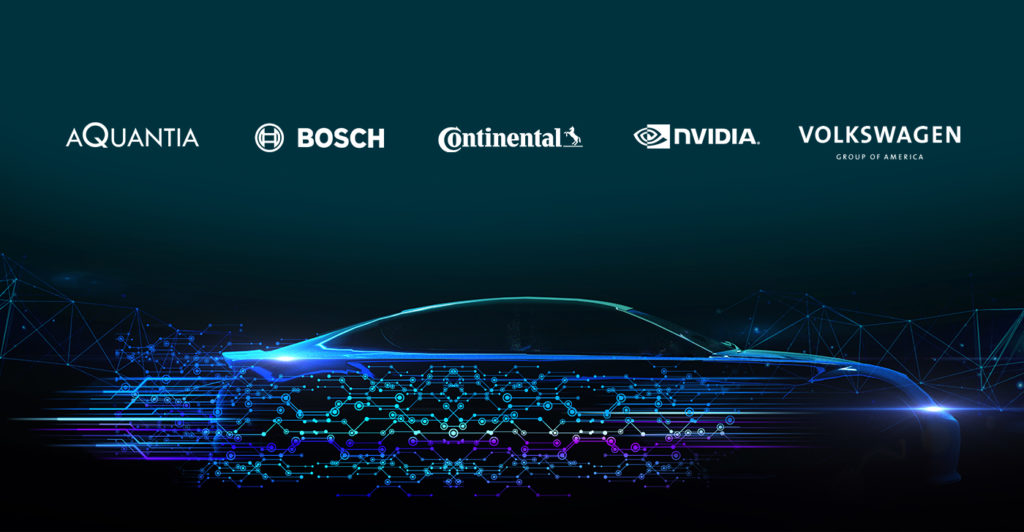The Networking for Autonomous Vehicles (NAV) Alliance has expanded its membership with the addition of Amphenol, Harman International, LEONI Bordnetz-Systeme, Rosenberger Hochfrequenztechnik, and Sony.
NAV Alliance members represent the pinnacle of technology leadership available for autonomous vehicles within their own respective market segments. These new members join Aquantia, Bosch, Continental, Molex, NVIDIA, Sumitomo Electric, Tektronix and Volkswagen in shaping the future of transportation.
“We look forward to working with the NAV Alliance,” said Tim VanGoethem, vice president, advanced mobility solutions, Harman International. “Working collaboratively with industry stakeholders, we are able to leverage our expertise in developing other vehicle networking standards to establish multi-Gb Ethernet best practices and standards that will enable the future of mobility.”
Udo Hornfeck, chief technology officer and member of the executive board, LEONI Bordnetz-Systeme, added, “As a global provider of products, solutions and services for intelligent energy and data solutions in the automotive sector, we highly appreciate the platform provided by the NAV Alliance to develop the next-generation of in-vehicle networking infrastructure. We see the pursued work as an essential piece of the puzzle to complete our system approach in terms of connectivity for highly automated driving.”
The NAV Alliance membership participates in five technical working groups focused on developing a comprehensive ecosystem for multi-gig ethernet networking in autonomous vehicles. These technical working groups include:
– Protocol encapsulation for ethernet
– System controls and management
– 25G and 50G automotive ethernet PHY specifications
– Physical layer system and component integration
– EMC requirements and limits
“We are very excited about the addition of such a broad range of industry leaders to the Alliance and the exemplary efforts of all our members toward achieving our mission,” said Amir Bar-Niv, president of the NAV Alliance. “Our working groups are making good progress and moving forward the standards and specifications for in-vehicle networks and in particular have made excellent progress in development of specifications for 25G ethernet automotive PHYs. It’s encouraging to see the collaboration between companies, that are each expert in their respective fields, working together to shape the future of automotive in-vehicle-networks.”


